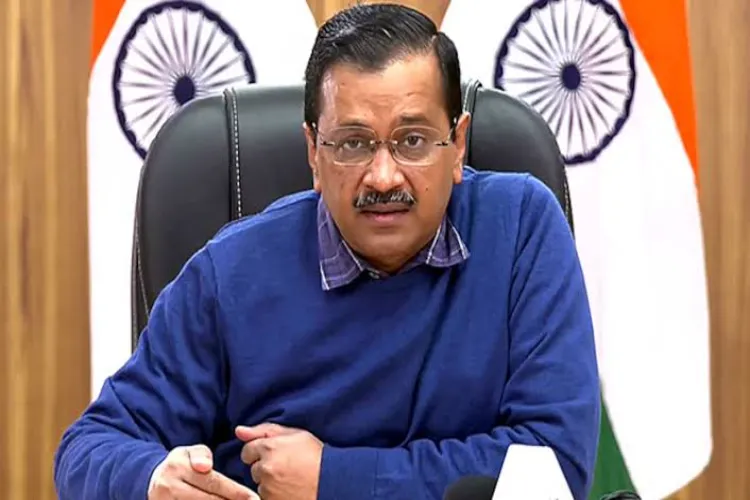Background of the Resignation
Arvind Kejriwal, a prominent political adversary of Indian Prime Minister Narendra Modi, has resigned as Chief Minister of Delhi following his release on bail in a corruption case. Kejriwal, who leads the opposition alliance against Modi, was detained in March over allegations that his government received kickbacks related to liquor license allocations.
Interim Leadership
Atishi, the Capital’s Education Minister, will serve as the interim Chief Minister. The Aam Aadmi Party (AAP) released a statement confirming that Atishi will lead Delhi until the next elections, embodying Kejriwal’s vision for the national capital.
Announcement of Resignation
During a meeting with AAP members, Kejriwal announced his resignation just a day after being granted bail. He expressed his intention to return to office only if voters confirm his integrity in the upcoming elections. Furthermore, he urged the Election Commission to schedule the Delhi elections for November this year, in conjunction with the Maharashtra elections, rather than in February 2025.
Legal Challenges
Kejriwal was initially arrested by India’s economic crime agency in connection with the liquor policy several months before the general elections. Despite being granted bail in July, he faced further detention by Delhi Police over another corruption case related to the same policy.
Response to Allegations
The 55-year-old leader and his party have denied the allegations, labeling them as politically motivated. Kejriwal is recognized as a fierce critic of Modi, and his Aam Aadmi Party has seen significant growth in political influence over the past decade.
















